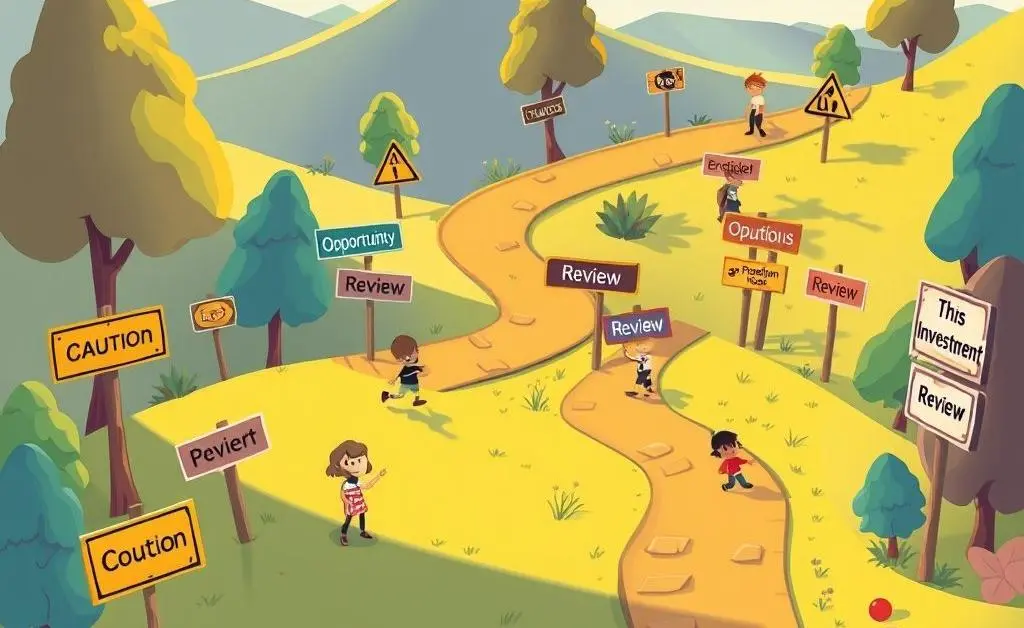Navigating the Investment Journey: Practical Advice for Beginners
Explore relatable, actionable tips to start your investment journey with confidence.

Starting your investment journey can feel a lot like starting a new chapter in your life—exciting, yet a tad daunting. You might be wondering if you should dive right into the stock market or if perhaps a safer route would be more your speed. If these thoughts sound familiar, you're not alone.
Understanding Your Emotional Investment Path
One of the first things I learned was how much investing is tied to emotions. I recall vividly my initial excitement morphing into anxiety the first time I watched my chosen stock dip. It taught me a vital skill: emotional resilience. Understanding stress management has made balancing emotions and decisions easier.

The Research Phase
Research might sound a bit boring at first. But honestly, it's your best friend in the early days. Getting familiar with investment basics and terms is like learning a new language. It empowered me to ask questions confidently and helped in discerning sound advice from the noise.
Strategies for Calm Investing
Creating a solid strategy involves aligning your investments with long-term goals. Take time to sit quietly, maybe with a cup of tea, and think about what you hope to achieve. It's this practice that can help clarify your strategy.

Long-Term vs. Short-Term Investments
Deciding between short-term gains and long-term stability often shapes one's investing approach. Both have pros and cons, and I always recommend starting with a modest blend of both, fine-tuning your strategy as you learn.
Practical Tips for New Investors
- Start small and increase your investments gradually.
- Stay informed with credible and diverse financial sources. You might want to check out Investopedia for great resources.
- Regularly review your portfolio, but avoid checking it obsessively.
- Understand the risks, but don’t let fear paralyze you from making that crucial first step.

Reflect and Grow
Like any journey, investing requires patience, learning, and a bit of courage. Each of these steps—from understanding emotions to refining strategies—is a layer of your growth. As we sit with our mugs of tea, think about how these strategies could fit into your own path. Investing is as much about self-discovery as it is about financial gain. So, what's your next step?




